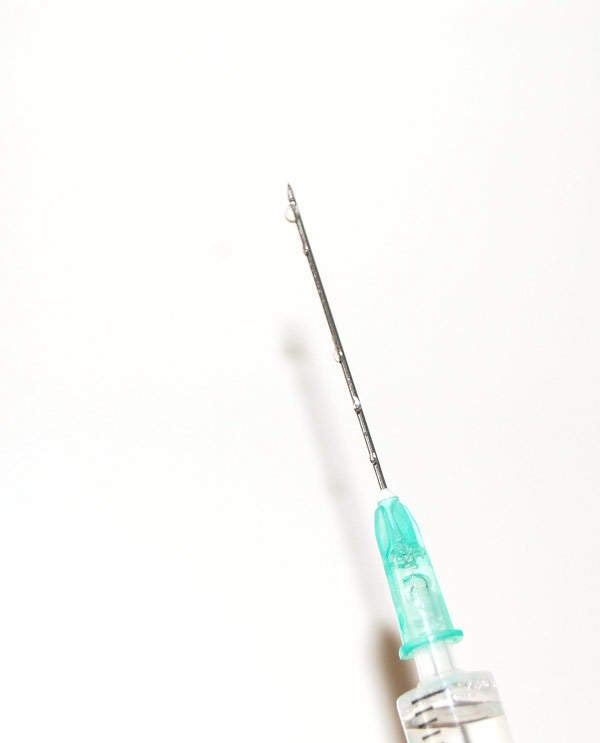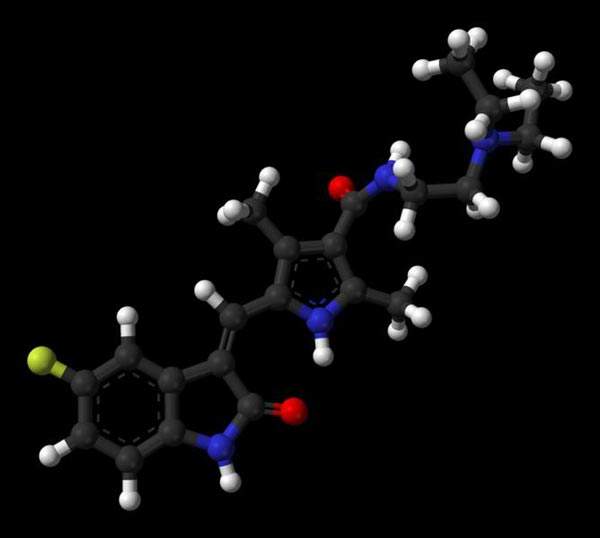
Xhance™ (fluticasone propionate) is a synthetic trifluorinated corticosteroid indicated for the treatment of nasal polyps in patients aged 18 years or older.
Previously known as OPN-375, the drug was discovered and developed by US-based specialty pharmaceutical company Optinose.
The new drug application (NDA) for Xhance™ was accepted for review by the US Food and Drug Administration (FDA) in January 2017. The FDA approved Xhance™ in September 2017.
The drug is expected to be launched in the US market in Q2, 2018.
Nasal Polyps causes and symptoms
Nasal Polyps are non-cancerous growths on the lining of the nasal cavity. The disease is more commonly associated with people who have chronic sinus infections, allergic rhinitis, asthma, and cystic fibrosis. Larger Nasal Polyps can result in blocking nasal passages and may lead to breathing problems and frequent infection.
Symptoms of the disease include nasal obstruction, runny nose, nasal congestion, reduced or total loss of smell, pain, headache, snoring, and difficulty breathing through the nose due to nasal obstruction.
An estimated 200,000 new symptomatic cases of nasal polyps a year are reported in the US. It is also estimated that between 25% and 30% of the 20 to 32 million patients in the US with chronic rhinosinusitis (CRS) have symptomatic nasal polyps.
Xhance’s mechanism of action
Xhance™ contains a synthetic trifluorinated corticosteroid with anti-inflammatory activity. It is composed of microcrystalline cellulose, carboxymethylcellulose sodium, dextrose, benzalkonium chloride, polysorbate 80, edetate disodium dihydrate, and purified water.
The drug works on multiple cell types involved in causing inflammation, including mast cells, eosinophils, neutrophils, macrophages, lymphocytes, and mediators.
It is administered using a 93mcg nasal spray, which delivers the medicine to targeted areas deep in the nose through an exhalation delivery system (EDS).
Clinical trials on Xhance
The Xhance™ clinical development programme featured five clinical trials including two randomised, double-blind, placebo-controlled Phase III pivotal trials in adults with nasal polyps; and two open-label Phase III clinical trials in adults with chronic sinusitis with and without nasal polyps.
The clinical trials were conducted on patients who were treated previously with intranasal steroids and had sinus surgery or polypectomy.
The results demonstrated that patients treated with Xhance™ met the co-primary endpoints and experienced statistically significant reductions of nasal congestion or obstruction at week four, and total polyp grade at week 16.
Details of phase III clinical trials on Xhance
The Phase III clinical trials NAVIGATE 1 and NAVIGATE 2 were conducted to investigate the efficacy and safety of Xhance™ in comparison with an EDS with placebo in adults with nasal polyposis and moderate-to-severe nasal congestion / obstruction.
The clinical studies enrolled patients in multiple centres across several countries, who were administered Xhance™ doses of 186mcg and 372mcg twice daily. The first treatment was 16-week long, which was followed by an additional eight-week phase.
Results of the NAVIGATE trials demonstrated that the patient groups treated with Xhance™ 186mcg and 372mcg achieved statistically significant reductions in both co-primary outcome measures, congestion/obstruction at week 4, and total polyp grade at week 16.
The most commonly reported adverse events in patients administered with Xhance™ were epistaxis, nasal septal ulceration, nasopharyngitis, nasal mucosal erythema, nasal mucosal ulcerations, nasal congestion, acute sinusitis, nasal septal erythema, headaches, and pharyngitis.





